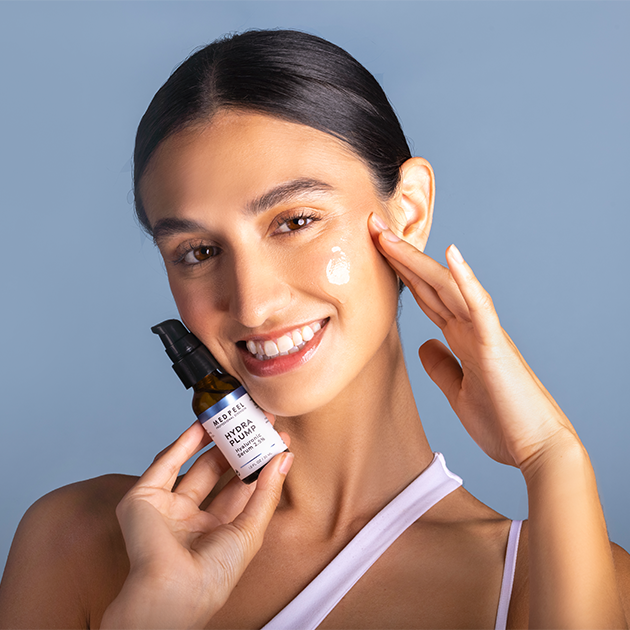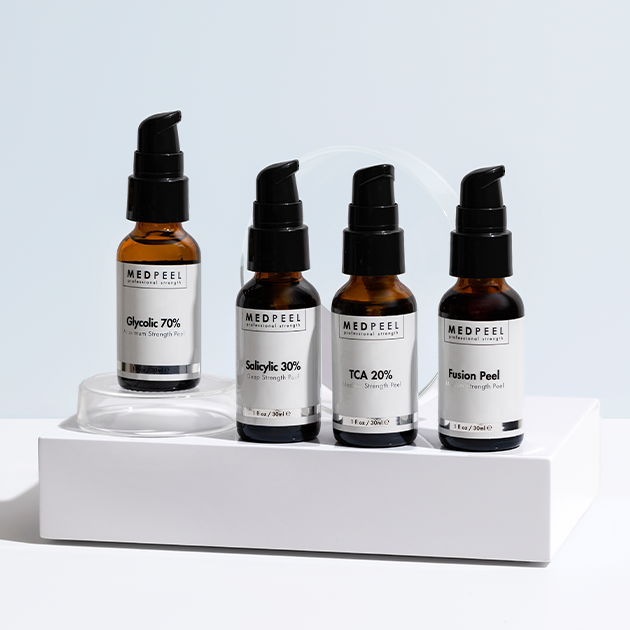
Stress is an unavoidable part of life, but its impact goes far beyond just mental well-being. On National Stress Awareness Day, it’s essential to highlight how stress can significantly affect your skin's health. Understanding this connection can empower you to prioritize both your mental and skincare routines.
How Stress Impacts Your Skin
When you’re stressed, your body releases cortisol, the primary stress hormone. While this hormone is helpful in short bursts, chronic stress and prolonged cortisol exposure can wreak havoc on your skin. Here are some of the most common ways stress manifests in your skin:
1. Acne Breakouts
Stress triggers an increase in oil production, which can lead to clogged pores and acne flare-ups. This is why you might notice more blemishes during busy or overwhelming periods.
2. Dryness and Dehydration
Stress can compromise your skin's natural barrier, making it harder for your skin to retain moisture. This often results in dry, flaky, and irritated skin.
3. Premature Aging
Chronic stress accelerates the breakdown of collagen and elastin, proteins essential for firm and youthful-looking skin. Over time, this can lead to fine lines, wrinkles, and a dull complexion.
4. Inflammatory Skin Conditions
Stress is a known trigger for conditions like eczema, psoriasis, and rosacea. It exacerbates inflammation, leading to redness, itching, and flare-ups.
5. Dark Circles and Puffiness
Lack of sleep due to stress can cause under-eye puffiness and dark circles. The combination of poor circulation and fluid retention adds to a tired appearance.
Stress Management Tips for Healthier Skin
-
Stick to a Skincare Routine: A consistent skincare routine can act as a calming ritual and help mitigate stress-induced skin issues. Look for products with calming ingredients like aloe vera, chamomile, or niacinamide.
-
Practice Mindfulness: Incorporate stress-reducing activities such as meditation, yoga, or deep breathing exercises into your daily routine. Even a few minutes a day can make a difference.
-
Stay Hydrated: Drinking enough water supports your skin’s barrier and helps flush out toxins. Pair this with hydrating skincare products to maximize benefits.
-
Get Enough Sleep: Aim for 7-9 hours of quality sleep each night. This is when your skin repairs and regenerates itself.
-
Eat a Balanced Diet: Include foods rich in antioxidants, vitamins, and healthy fats to support your skin’s health from within. Omega-3 fatty acids, for instance, can help combat inflammation.
-
Seek Professional Advice: If stress-related skin issues persist, consult with a dermatologist. They can recommend treatments or products tailored to your needs.
Embrace Self-Care
On this National Stress Awareness Day, remember that self-care is not selfish—it’s essential. By addressing stress at its root and nurturing your skin with care and patience, you can achieve a radiant, healthy complexion that reflects your inner calm.
Take a moment today to pause, breathe, and prioritize yourself. Your skin—and your overall well-being—will thank you.



